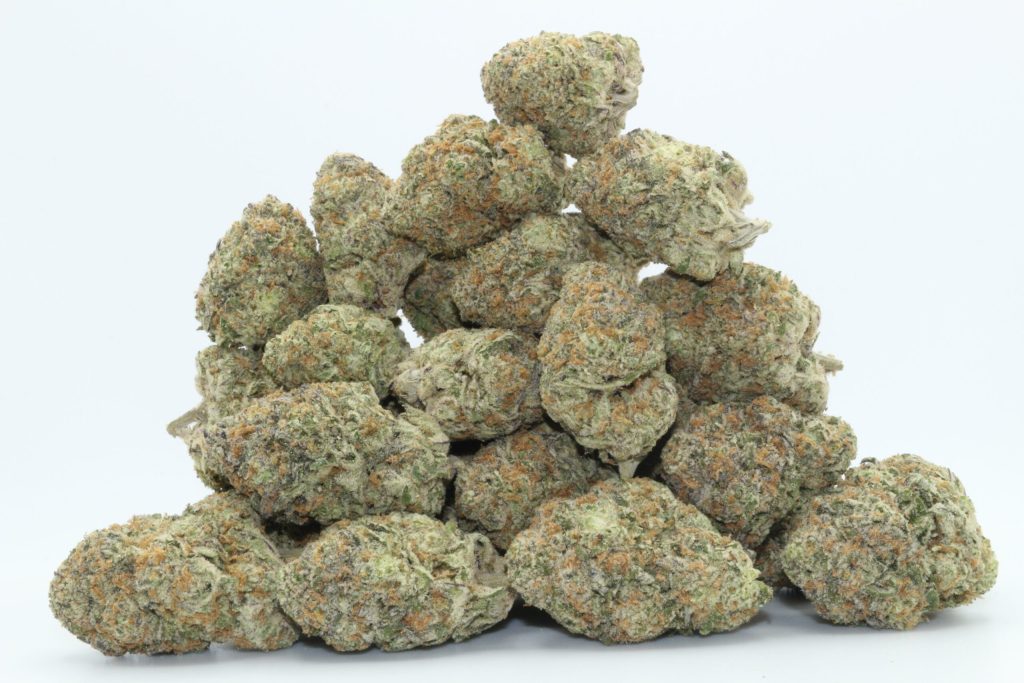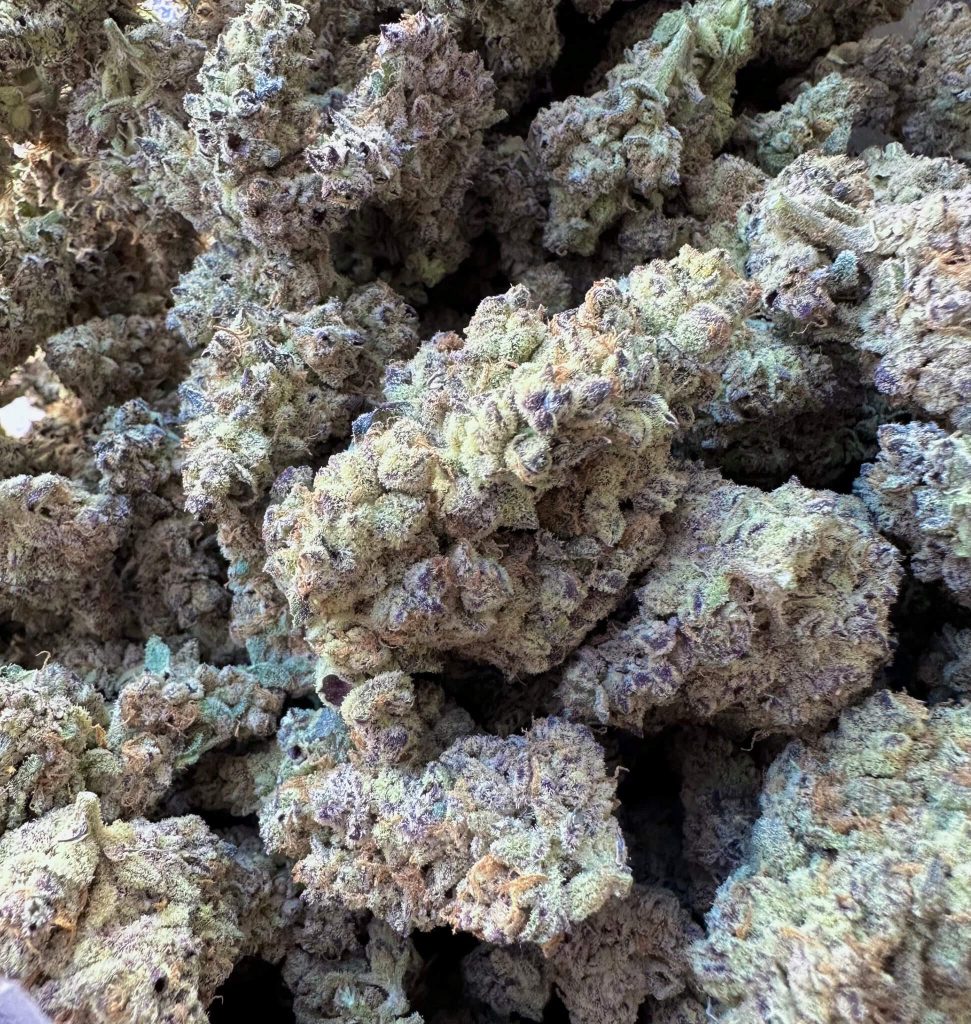In the realm of cannabis products, the distinction between THCA flower and THC is crucial for consumers seeking specific effects and benefits. Understanding these differences empowers users to make informed choices about their cannabis consumption. Whether you’re new to cannabis or a seasoned enthusiast, grasping the nuances between THCA flower and THC can enhance your experience and tailor it to your preferences.
What is THCA Flower?
THCA, or tetrahydrocannabinolic acid, is a cannabinoid found in raw, unprocessed cannabis plants. Unlike THC (tetrahydrocannabinol), which is known for its psychoactive properties, THCA is non-intoxicating in its raw form. THCA flower refers to cannabis buds that have not undergone decarboxylation, a process where heat is applied to convert THCA into THC.
Understanding THC
On the other hand, THC is the well-known psychoactive compound responsible for the “high” associated with cannabis use. When cannabis is heated through smoking, vaping, or cooking, THCA undergoes decarboxylation, transforming into THC. This conversion process activates the compound, allowing it to bind with cannabinoid receptors in the brain and body, producing various physical and psychological effects.
Key Differences Between THCA Flower and THC
- Psychoactive Effects: THCA flower does not cause intoxication when consumed raw, whereas THC induces psychoactive effects after decarboxylation.
- Medical Potential: THCA is believed to have potential therapeutic benefits, including anti-inflammatory and neuroprotective properties, while THC is primarily valued for its analgesic and euphoric effects.
- Legal Considerations: In regions where THC is regulated or prohibited, THCA flower may be legally available as it lacks psychoactive effects until heated.
- Consumption Methods: THCA flower is often consumed in juices or smoothies to retain its raw form benefits, whereas THC is commonly smoked, vaped, or used in edibles after decarboxylation.
- Cannabinoid Synergy: Both THCA and THC work in synergy with other cannabinoids and terpenes present in cannabis, influencing the overall therapeutic effects experienced.
Choosing the Best THCA Flower
When selecting the best THCA flower, consider factors such as cultivation methods, cannabinoid profile, and desired effects. Look for products from reputable sources that provide detailed lab reports indicating THCA content and absence of contaminants. Experimentation with different strains can also help determine which THCA profiles best suit individual preferences and wellness goals.

Conclusion
Understanding the difference between THCA flower and THC allows consumers to make informed decisions based on their desired outcomes and legal considerations. Whether seeking therapeutic benefits without intoxication or exploring the psychoactive effects of THC, knowing how these compounds interact with the body is essential. As cannabis research advances, so too will our understanding of how THCA and THC can be effectively utilized for both medical and recreational purposes.
